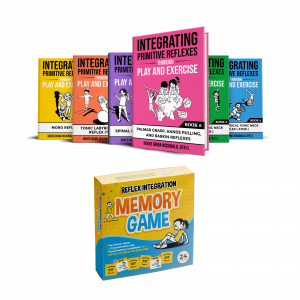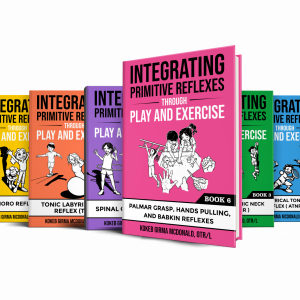Imagine two children starting their school day with full tanks of gas, but one runs out fast while the other glides smoothly. This simple example illustrates how children with different developmental needs experience their daily lives. Let’s explore how early intervention keeps your child’s tank full for life!
In my recent video, I discussed the critical role of occupational therapy (OT) and early intervention for children facing developmental challenges, even if they score well on assessments. Today, I want to share a conversation I had with a concerned mom who encapsulated many parents’ fears and uncertainties.
“Yesterday, I spoke with a concerned mom about the value of occupational therapy and early intervention for her child.”
This mom was worried about the costs associated with OT and asked, “Is it really necessary, especially since my child scores well on tests but struggles with sensory regulation?” It’s a common question, and one that deserves careful consideration.
1. The Importance of Early Intervention
Early intervention can address subtle developmental challenges that don’t always show up on standardized assessments. These challenges might be overlooked but can significantly affect a child’s ability to thrive. By identifying and addressing these issues early on, we can build a strong foundation for long-term success.
2. Efficiency and Quality of Life
Let’s return to our car analogy.
Both children start their day with full tanks of gas:
- Child A:
- Burns fuel slowly, cruising through the school day.
- Leaves school with half a tank still full.
- Has enough energy for after-school activities, enjoys family time, and goes to bed feeling rejuvenated.
- Child B:
- Burns fuel quickly, racing through each task.
- Leaves school with an empty tank, exhausted.
- Comes home drained, unable to participate in extra activities, and might experience meltdowns from fatigue.
The journey of Child B often leads to a negative cycle. As Child B continues this pattern, he may start to feel like school is unsafe or that he can’t keep up. These feelings can lead to anxiety and impact his overall quality of life.
3. Addressing Developmental Challenges
Some of these challenges are subtle and may not show up in testing. Occupational therapy can provide the support needed to improve sensory regulation and overall development. Investing in early intervention ensures your child has the tools to thrive in school and beyond.
I encourage all parents to consider the long-term benefits of early intervention. Remember, investing in OT today can keep your child’s tank full, helping them navigate life with confidence and joy.
By prioritizing early intervention, you’re not just addressing immediate concerns; you’re empowering your child to enjoy a smoother, more fulfilling journey through life. Let’s keep those tanks full!
For therapists looking to enhance their clinical skills, improve treatment planning, and access ready-to-use home and school programs. Learn more here.
For parents seeking guidance on starting an at-home program to support their child’s development, check out our 7-step guide here.





